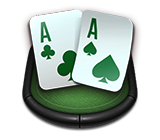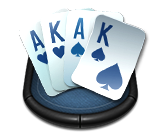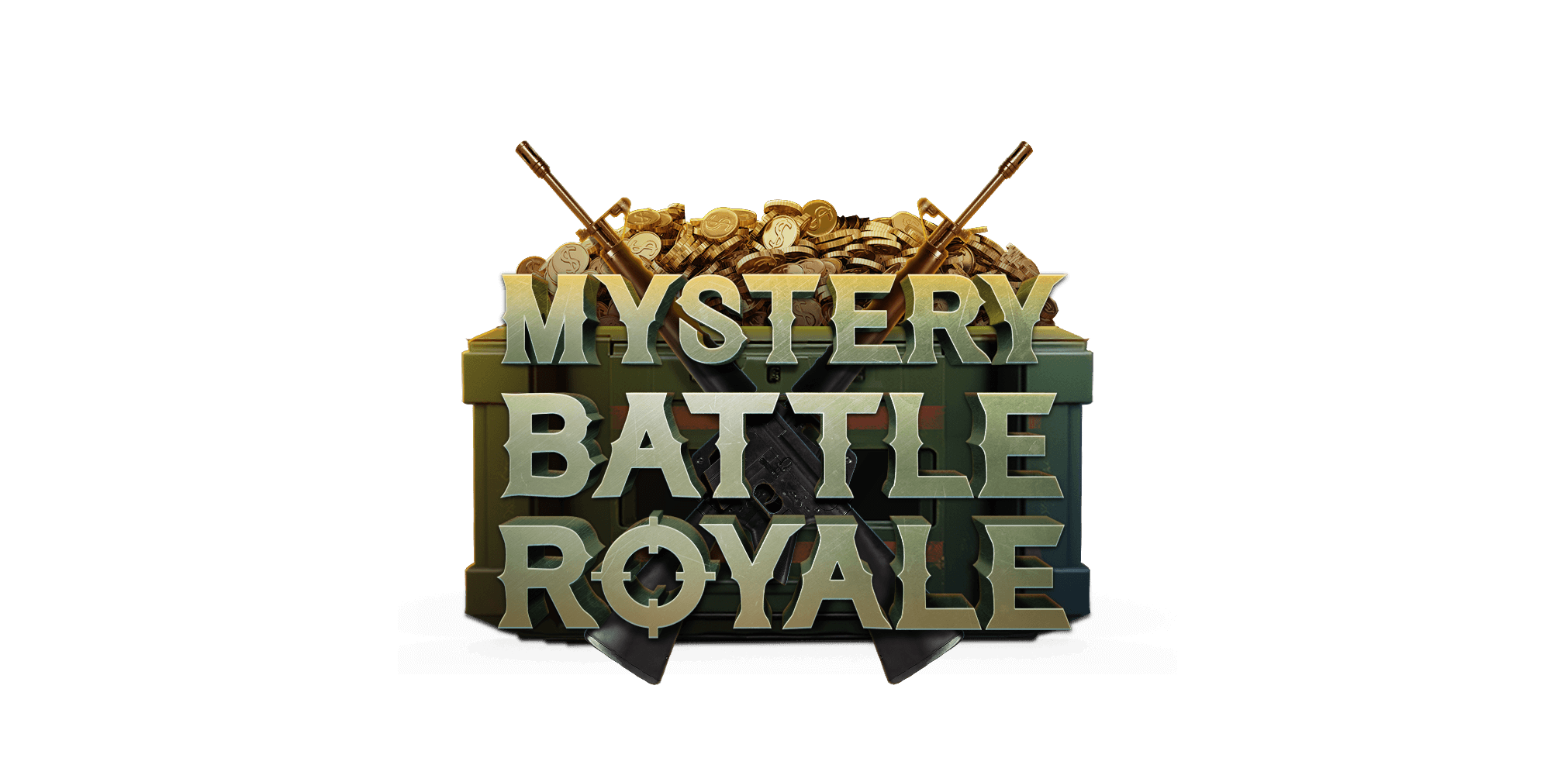
Whether to play fast or slow in certain spots is a common discussion topic among poker players. In this article, we’ll take a look at the best way to handle a poker overpair. Without further ado, let’s get cracking.
What Is An Overpair?
First of all, we should be clear about what we mean by an overpair in poker. The term is just shorthand for “an overpair to the board”. So whenever you hold a pocket pair at the flop stage and all three cards on the board are lower in value, this is an overpair. Do not get it mixed up with the top pair. The "top pair" refers to a pair that is formed with at least one card of the community cards.
For instance, if you were dealt 9-9 and the flop came 8-6-2, then your pocket nines would be classed as an overpair. However, if the turn brought a Jack, your pair would now be an underpair.
In this article, we are going to talk about the poker strategy in relation to overpair on the flop.
Play Fast Or Slow?
Now that we have defined what an overpair is, let’s get into answering the question of how to actually play an overpair. As a general rule, like with many situations in poker games, playing fast is a good thing. By slowplaying, you could potentially miss out on picking up some chips against weaker hands. Worse still, you may give your opponent a chance to take the lead if they are drawing.
So, in short, play your overpairs fast a lot of the time. However, this is poker and nothing is ever that simple. If you have guessed that there are some exceptions to the rule, you’re right. Let’s pick through a few of the main ones.
Protecting Your Range
It is always a bad idea to be predictable at the poker table. Doing so leaves you vulnerable to exploitation by good, observant players. Therefore, you must mix up your strategies to keep your opponents guessing.
Having already stated that we should look to play our overpairs fast, what is the point in ever checking? Well, first of all, it strengthens our checking range. We want our opponents to see that we are capable of a check on the flop with a premium pocket pair. That way, they are less likely to try to push us around when we check with weaker holdings.
Further, checking offers our more loose or aggressive opponents the chance to bluff into us from time to time. But what hands in your range should you choose to mix things up?
Basically, you want to take the strongest hands in your range. In this case, we are referring to the premium pairs, pocket aces, pocket kings, and possibly pocket queens. These are just the least vulnerable hands to being outdrawn when slowplaying.
Multiway Pots
 If you were to hold pocket queens on a rainbow flop of J-6-2 against a single player, you’d be licking your metaphorical lips. However, against two or three opponents, the picture would be a little different.
If you were to hold pocket queens on a rainbow flop of J-6-2 against a single player, you’d be licking your metaphorical lips. However, against two or three opponents, the picture would be a little different.
When there are multiple players to share the burden, your continuation bet possesses much less of a threat. None of them feels obliged to call, knowing that if they fold, there is someone else behind to keep you honest. As a result, you’re going to be called by losing hands less often than when you are up against one player. In these multiway pots situations, a check call makes more sense than a bet on the flop.
On A Bad Flop Against The Big Blind
If you are holding an overpair, how bad can the flop really be? What we mean is those horrible connecting boards that offer lots of draws. For instance, something like T – 8 – 7 is not the prettiest of flops when you’re holding pocket aces. Especially if you’ve been called by someone in the big blind.
Think about the Big Blind’s range when calling a pre-flop raise. The Big Blind could have a strong hand such as two pairs or a made straight. In this situation, check-calling is the safer way to proceed.
Out Of Position Against A Cold Call
Let’s say you raise pre-flop and are called cold by one opponent. Even if your overpair is a premium one and the board is not at all scary, you should proceed with caution. Think about your opponent’s range here.
A cold-calling range is pretty narrow, especially if the player is a strong, tight opponent. There may be a lot of pocket pairs and not many speculative suited-connector-type hands. Therefore, we do have to assume that sets are going to be in play a lot of the time on the flop.
Of course, if you’re up against a loosey-goosey type, this is far less of a concern. But here, we’re assuming that you’re playing people who know what they’re doing.
Conclusion
For the most part, it makes total sense to play your overpairs fast. Bottom line, your goal is to get money into the pot to extract maximum value. In a few exceptional situations, however, you should mix in check calls to protect yourself from potentially stronger hands or simply to protect your checking range.

.webp)




























